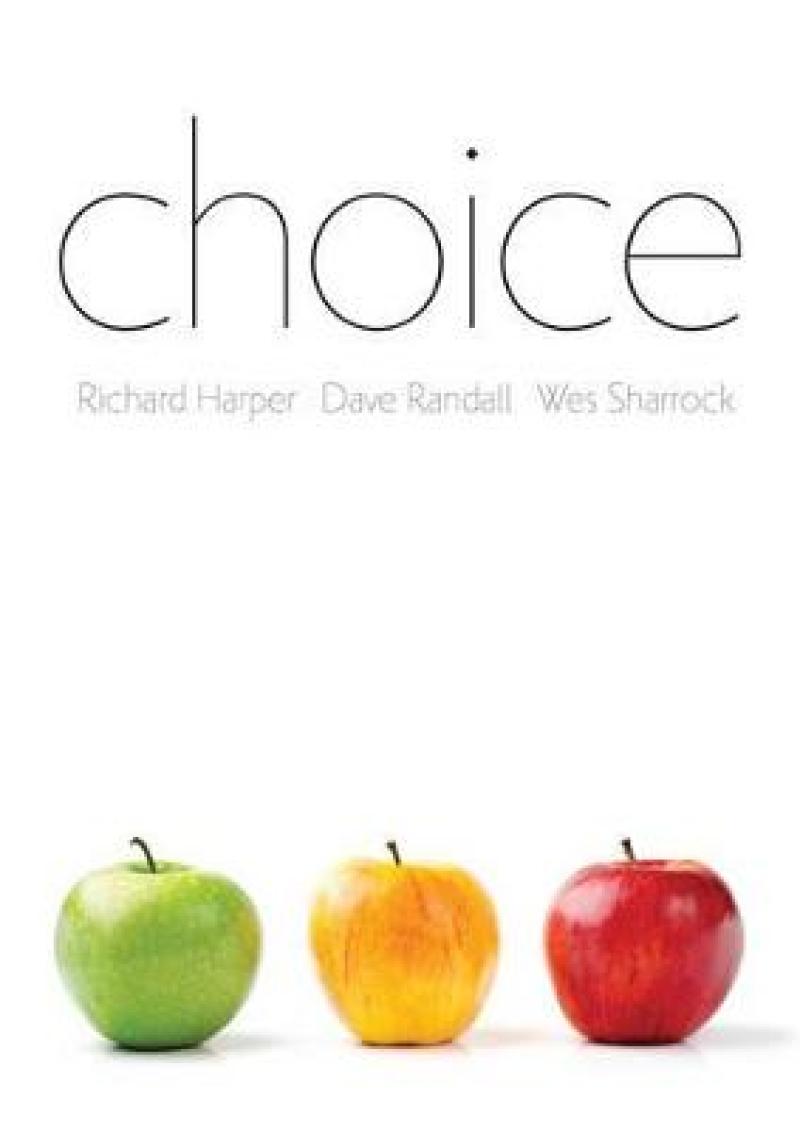We make decisions every day. Yet we are sometimes perplexed by these decisions and the decisions of others. To complicate things further, we live in an age where there are more things to choose from than ever before the Internet is transforming our choices and making us more accountable for them: what we choose is recorded, modelled and used to predict our future behaviour. So are we in a position to make better choices today than we were a decade ago? Certainly there are some who believe so. Psychologists claim we are subject to hidden mental processes that lead us to one thing rather than another; economists offer predictions about what people will buy; and some philosophers claim that our choices echo our evolutionary past. Are these claims merited? Do they reflect the beginnings of a new science of choice? This book offers a critical overview of these and other claims, showing where they are justified and where they are exaggerated. It will be an essential reference for anyone interested in whether science can help us to understand both the ways people make choices in their everyday lives and how these may be changing.
Les mer
This new book introduces readers to the contributions of different sciences from economics to psychology that seek to shed light on how we make choices in our day-to-day lives Harper and his co-authors show that the Internet is transforming what we choose and how we choose.
Les mer
Acknowledgements Chapter 1 Choice: a twenty-first century science? Chapter 2 The origins: choice in economics Chapter 3 An experimental choice Chapter 4 Choice in context Chapter 5 Evolutionary Choice Chapter 6 Modelling Choice Chapter 7 A new place of choice: the Internet Chapter 8 Reasons in action Bibliography Index
Les mer
"In this excellent new book, Harper, Randall, and Sharrock offer a compelling criticism of scientific theories of human choice across a number of disciplines, from economics to socio-biology. The authors make a strong case for the view that human beings are considerably more rational than such accounts would have us think. In so doing, they give proponents of rational choice, nudge, and game theories much to worry about. This timely book is a must-read for anybody seeking a way through the conceptual entanglements we find ourselves in when attempting to explain human behaviour."Constantine Sandis, Oxford Brookes University"In this instructive and highly readable book, Harper, Randall and Sharrock critically examine theories of choice in economics, psychology, sociology, and philosophy, among other fields. In addition to presenting clear and concise accounts of the various theoretical claims and debates, they develop novel criticisms of their own. The book does not attempt to resolve debates about choice with a new and improved model, but instead it provides valuable lessons on how to understand claims and arguments made about choice in academic discourse and practical life."Michael Lynch, Department of Science & Technology Studies, Cornell University
Les mer
Produktdetaljer
ISBN
9780745683867
Publisert
2015-12-04
Utgiver
Vendor
Polity Press
Vekt
544 gr
Høyde
236 mm
Bredde
160 mm
Dybde
25 mm
Aldersnivå
P, 06
Språk
Product language
Engelsk
Format
Product format
Innbundet
Antall sider
229
Biographical note
Richard Harper is Principal Scientist at Social Shaping Research, Cambridge
Dave Randall is Senior Professor, University of Siegen, Germany
Wes Sharrock is Professor at Manchester University
